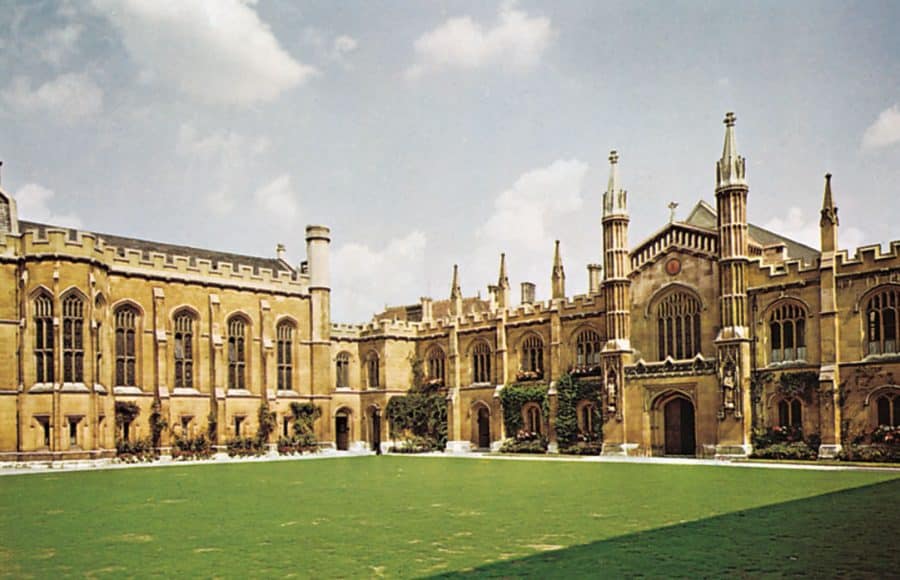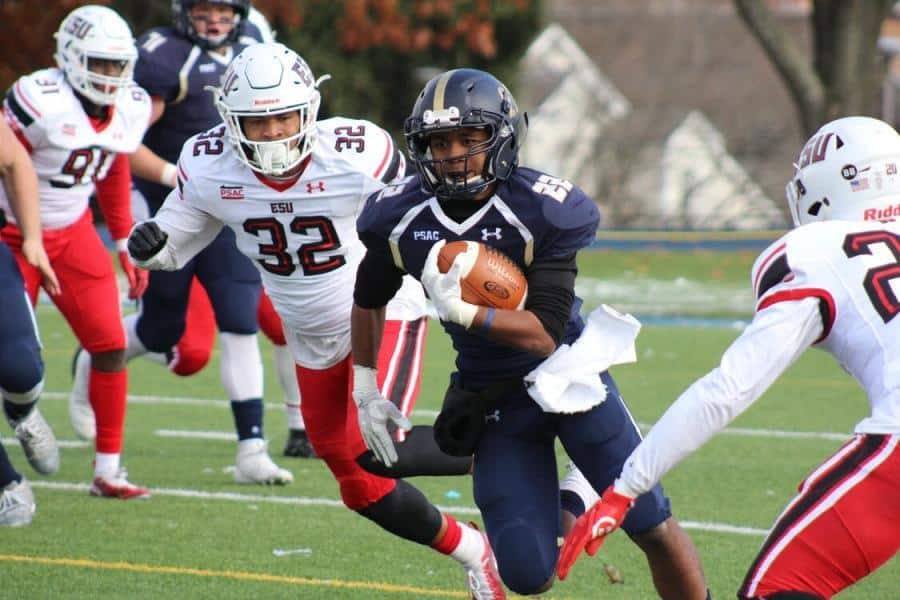It is everyone, who wish to reach a higher-level education’s dream to attend a college or university, but not everyone knows the difference between a college and a university. In fact, in countries like the United states of America, college and university are usually used interchangeably, despite some fundamental differences that exist in the two types of tertiary institutions.
Quick Difference Between College And University: Key Facts
While colleges are more teaching focused and universities are more driven towards researching than teaching, they both have their perks and advantages. Some colleges are qualified to be called universities as they have a sizeable annual student admission for both graduate and postgraduate programmes but choose to remain colleges due to tradition.
If you’ve been confused about the differences that exist between colleges and universities, this article is meant to clear up the confusion and help you gain understanding into why some higher institutions of learning are called colleges and others, universities.
What Is a College?
When a student is done with O’ level education in the United States, the next educational step is usually to seek admission into a higher institution, that is commonly called College. Ordinarily, this term refers to any higher learning institution that gives a its students a bachelor’s degree after completion of their programmes. This means that a college is a higher institution of learning that caters to the educational needs of undergraduate to earn a bachelor’s degree of their preferred course of study after completion of the institution’s requirements.
However, a college can be more than an undergraduate bachelor degree awarding institution. Some colleges, such as the Boston College, wared graduate degrees such as Masters and PhD, but still hold on to their College identity.
Therefore, a college can be equivalent to a university in the education degrees they can award, depending on their academic structure.
Types of Colleges
Now that we have established the fact that a college is a higher learning institution that mostly award undergraduate degrees to its students – even though there are exceptions – we need to know the types of colleges that exist and how they compare to or differ from universities.
Community College
A community college, also called Junior College, is a type of college that admits students for a two-year study and awards them with an Associate degree in their course of study. Usually, students that attend this college for professional reasons. Others who wish to further in their educational pursuit, transfer to other four-year curriculum colleges to attain their full degree certification.
They also offer vocational and career trainings.
Tribal College
A tribal college is focused on giving more cognisance to the minority race in education, especially in the United States of America. This college gives first consideration to tribes, such as Native Americans, when offering admissions to students.
They may be a community college with two-year curriculum or a full college with four-year academic curriculum.
Historically Black College
This college can be classed as a tribal college and at the same time could be a junior college or full college. The defining quality of this college is its prioritization of admitting students with African heritage into its institutions.
Its mission to bridge the gap that may exist between educated African-Americans and other tribes in America.
Liberal Arts Colleges
Liberal Arts colleges are the best colleges for students who prefer to have a close and personal relationship with their professors. In the Liberal Arts Colleges, the priority of the professors is in teaching the students instead of supervising students researches.
In Liberal Arts Colleges, student engage in a broad study path for their career choice and choose at least one major course in the same career path that they study in more depth than others.
Women’s Colleges
Women colleges are one of the college types that focus on bridging the educational gap that exist in the society. With this college, majority of their students are women, and their aim is to produce more women that can compete with other genders when it comes to education.
These college classifications, as given by the National Association for College Admission Counselling (NACAC), covers all the types of colleges that exist in the United States of America. However, the largest type of College, the university, will be discussed below.
What Is a University?
A university is a higher learning institution that awards academic degrees to undergraduate and graduate students on completion of their programmes and fulfilment of all the requirements of the institution.
Undergraduates are required to go through a four-year programme to obtain the bachelor’s degree from universities. Unlike colleges, universities do not usually offer two-year degree programmes, except in some cases, they usually give full degree certification to students who begin their studies with them and students who transferred from community and junior colleges.
Universities are more about partaking in researches, and therefore, their students are more involved in researches than receiving teaching from their professors. In universities, students rarely have close academic relationships with their professors as college students do and their classes are usually fuller than in colleges.
Actually, universities are a type of college, only bigger in terms of the number of students they admit, the size of the professional courses they offer, and their involvements in researches.
Difference Between A College and A University
By now, you must have picked out some key differences between college and university, and some similarities. However, do not forget that these institutions of learning are almost the same, and their names are usually used interchangeably, especially in the United States of America. The line between college and university lies in the type of award they give to their students. Here is a summary of the differences.
- Universities award its undergraduate students with Bachelor’s degrees, and graduate students with Masters and PhD. However, Colleges award its students with either Associate Degree or a full Bachelor’s Degree. Although some colleges do award professional and graduate degrees, too.
- Universities are more research-oriented institutions while Colleges are teaching-oriented higher institutions
- Colleges afford students closer relationships with their professors due to their small student numbers while Universities don’t.
- Universities cannot focus on vocational trainings. However, some Colleges do.
Conclusion
Colleges and Universities are both higher institutions of learning that award degrees to its students on completion of their study duration, as long as they meet the institutions’ requirements. Despite this established fact, some colleges award associate degrees to its students in a two-year curriculum. They go on to other colleges or a university to complete their requisite four-year curriculum to possess a bachelor’s degree.
The term “College” and “University” is sometimes used interchangeably and can cause confusion for people who are not familiar with their use in the United States of America. Therefore, it is important to know the types of colleges, one of which is the university, and the ones that are qualified to be called universities.



